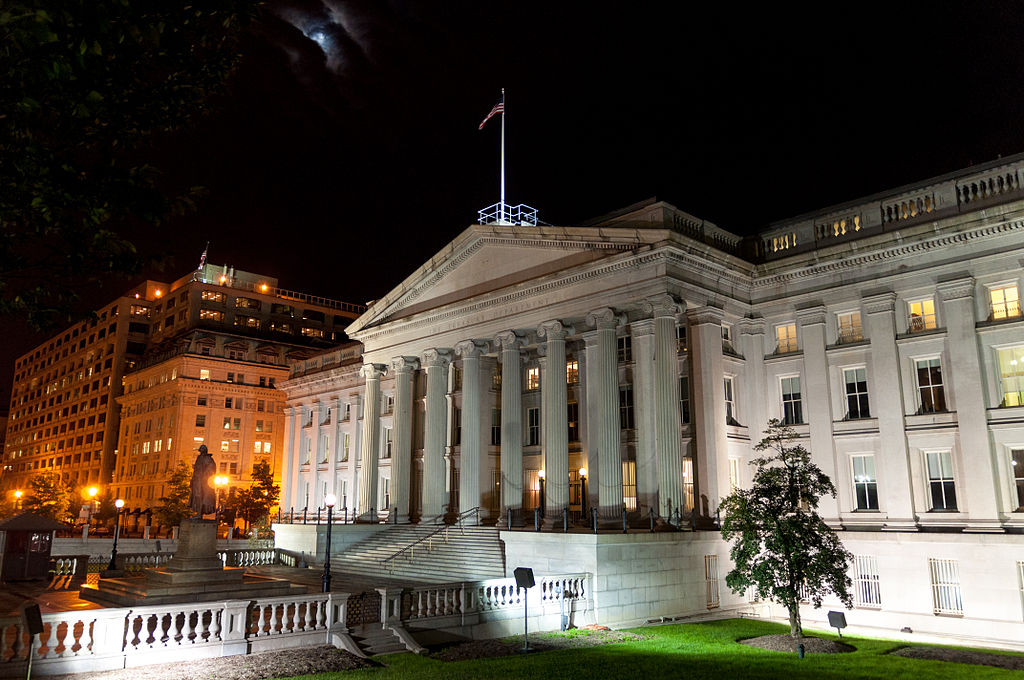The U.S. government and dozens of states filed an antitrust lawsuit against multinational entertainment company Live Nation Entertainment on Thursday, alleging that the company has monopolized the live entertainment sector to the detriment of artists, venues and concert-goers.
The US government alleges that Live Nation violated Sections 1 and 2 of the Sherman Act. The Sherman Act is a US antitrust law enacted in 1890 that sets out the rules of free competition and prohibits unfair monopolies. Section 1 of the Sherman Act states that agreements in restraint of trade are illegal, while Section 2 states that anyone who attempts to monopolize or seeks to monopolize any part of trade is guilty of a misdemeanor.
The alleged violations of Section 1 of the Act include its classification of “the use of large amphitheaters and ancillary services” as a related antitrust group under the Sherman Act, and its classification of promotional services sold to artists who perform in such amphitheaters as a second related group under the Sherman Act. The lawsuit against Live Nation alleges that the entertainment company also illegally requires artists who perform in large venues to purchase promotional services.
The alleged violations of Section 2 of the Sherman Act include Live Nation diverting live music events to other venues if they did not sign with its parent company, Ticketmaster, and acquiring its business partner, Oak View Group, which warned venues that they would lose their contracts with Live Nation if they did not sign with Ticketmaster. Live Nation also allegedly delayed secondary ticket sales through competing ticket sales platforms and refused to promote events in venues that used other ticket sales platforms. Live Nation also imposed long-term exclusivity contracts, ranging from three to 14 years, for a significant portion of its available tickets.
Additionally, Live Nation has also acquired amphitheaters and several large music festivals, further reducing artists' options for seeking services from alternative vendors, in violation of Section 2 of the Sherman Act.
Dozens of states, including Arkansas, Arizona and Nevada, have joined the lawsuit, alleging that Live Nation also violated state unfair practices and antitrust rules.
Dan Wall, Live Nation's vice president of corporate affairs, countered in a blog post that Live Nation is not a monopoly because it charges a service fee, which Wall argued is not the case for a monopoly, which is defined by the monopoly “profits” it derives from monopoly “pricing” to consumers, especially when compared to other large third-party companies like Airbnb that charge higher service fees.
Live Nation has not yet filed a response in court.


